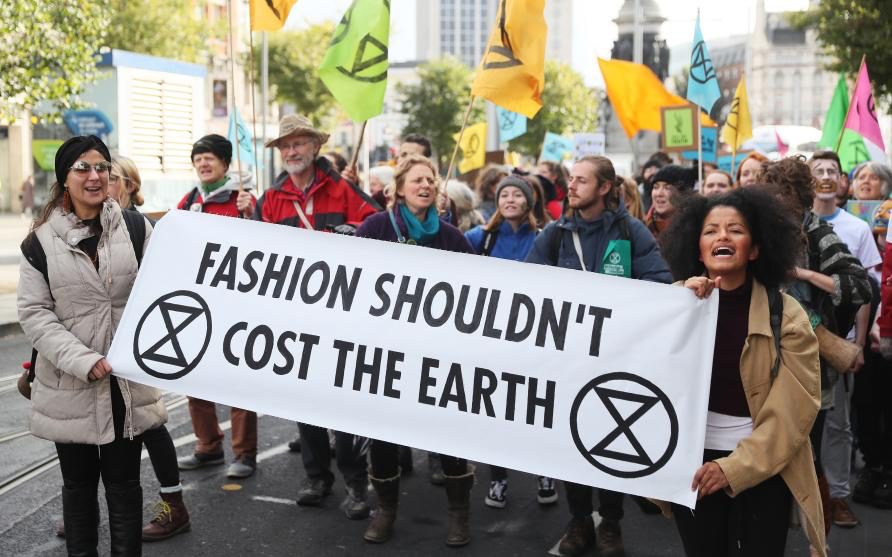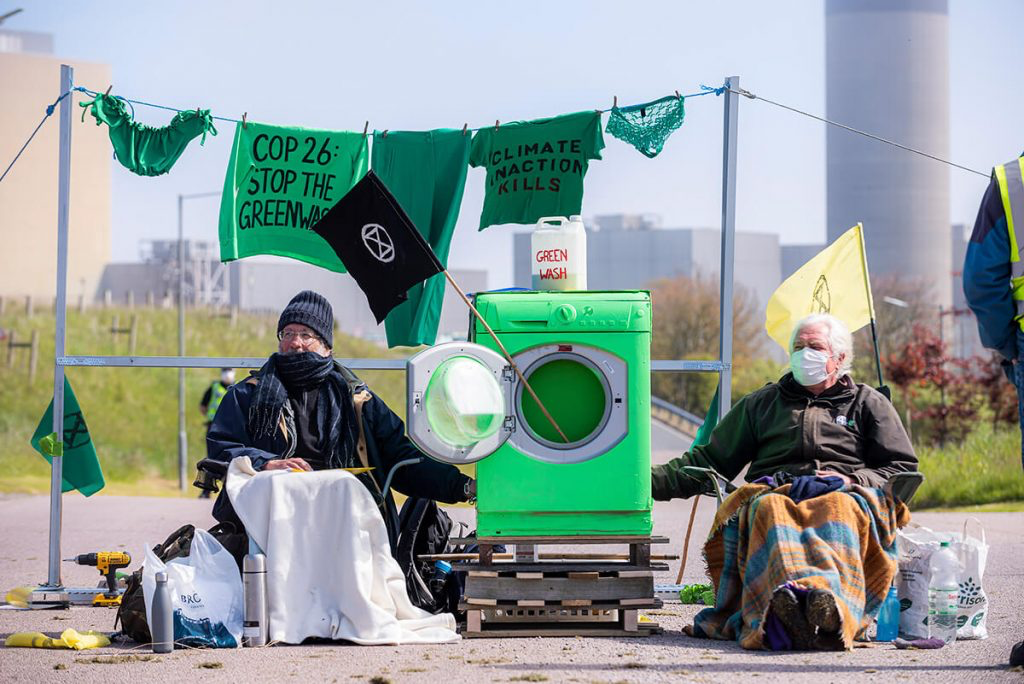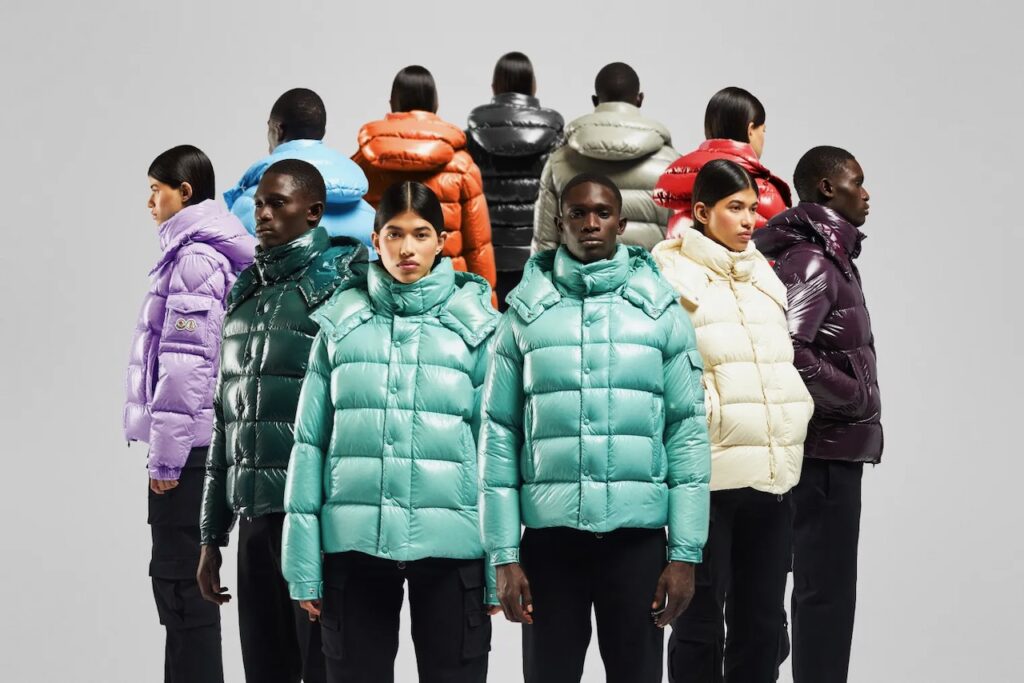Eco-friendly materials and transforming the manufacturing process into an environmentally conscious procedure are crucial nowadays, and we can see many genuine efforts recently. However, there is greenwashing on another side of the coin, and its effects are hazardous.
Greenwashing as a phenomenon has been defined by American environmentalist Jay Westerveld. He draws attention to the hypocrisy of corporations claiming to be protecting the environment yet continuing their environmentally harmful practices. This term is defined as “the intersection of two firm behaviours: poor environmental performance and positive communication about it”. In a digitalized world full of clickbait, greenwashing is also spreading as a new false-marketing practice. So, environmentalism is also commercialized in many ways, which should trigger some concerns.

Source: The Echo
The main problem lies within that definition: when giants in the sector declare their support for the environmental cause via subsidies without changing their way of functioning and production methods, the contribution isn’t sustainable. If the target isn’t the core problem itself, regardless of the grant amount, it simply translates as buying the right to waste. Eco-transformation should be a total revolution in our perception; a practice that can be easily interpreted as a type of hush money isn’t a valid option.
We believe that the authentic intention to go eco-friendly is essential, but the outcome should match that goal. Sometimes, we can observe a legitimate intent towards eco-production, yet the efforts may land flat because of the fast-production era that we live in. Even though materials may check the eco-friendly product goals, we can’t turn a blind eye to the waste generated from the production process if the company claims to be 100% green.

Source: Extinction Rebellion Scotland
By acknowledging that risk, we invite you to hold industries environmentally accountable. Not only by urging them to go green but also by questioning the claims regarding their efforts. Because false claims irrevocably harm the original cause, which may lead to irreversible consequences for our planet.
But, why does this matter? Because we all live on the same soil, breathing the same air. Any ill use of earthly resources, some pollution, or even a piece of waste, hurts us. If we look at the current situation from the recent climate conference COP26, we may see the detrimental results earlier than expected. Climate crisis is an urgent situation, and possible solutions won’t be enough if we all don’t work together. Recognize your environ-mentality, question the marketing claims, and encourage the industries to eco-transform themselves.













